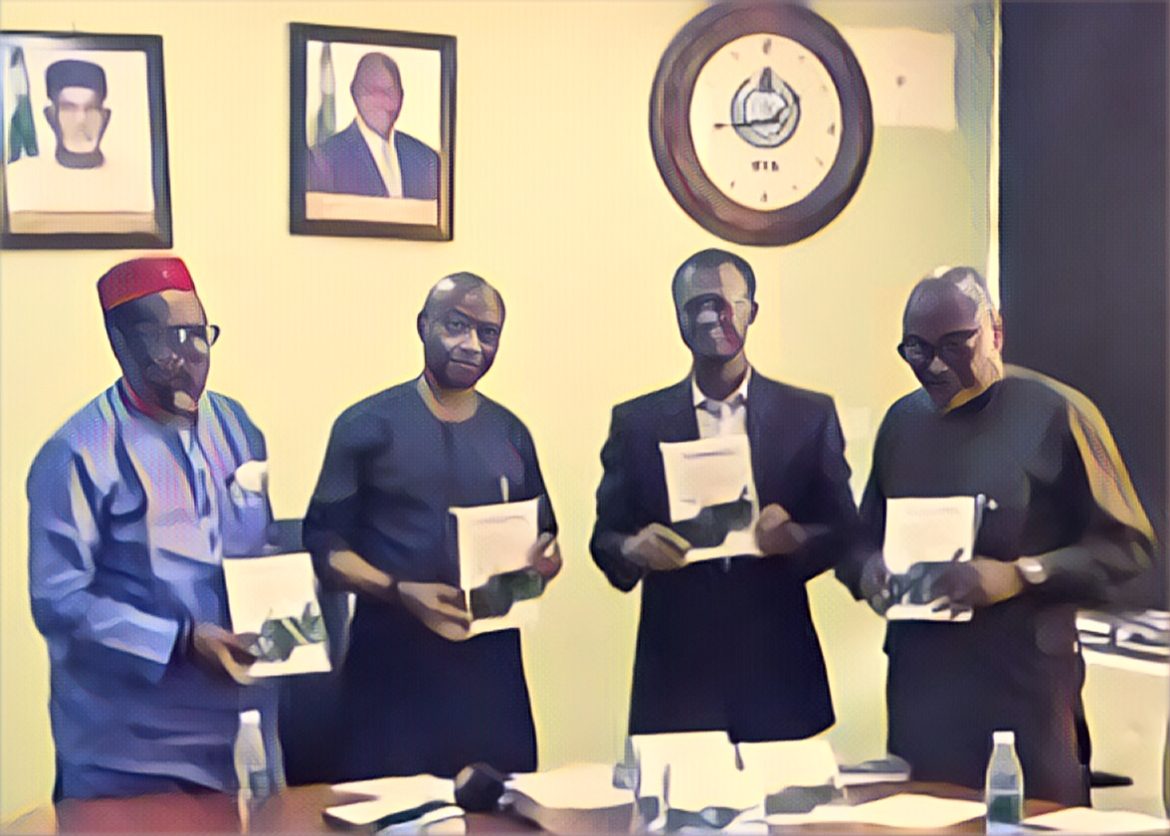KEY POINTS
- Nigeria gets a 40 item development manual from professors guiding the nation between 2024-2032.
- Political stability, economic growth, and governance reform are encompassed by recommendations.
- The Comprehensive Presidential Amnesty and geopolitical smart cities are the proposed strategies.
A comprehensive manual launched by Professors in Nigerian universities and research institutions drawn up for Nigeria’s short and medium term development from 2024 to 2032.
Named The Abuja Papers, the document lays out 40 policies and decisions to address the country’s challenges and help progress.
The Abuja papers: blueprint for Nigeria’s future
The group said under the aegis of the College of Professors in Nigeria (CoPIN) that its intervention was vital to arrest the continuing backward march of the country.
Speaking during a press briefing in Abuja, CoPIN’s National President Prof. Otoabasi Akpan said the nation’s potential for population, geography and natural resources were untouched.
Nigeria has not attained rapid progress because of leadership gaps, lack of elite consensus, and the absence of strategic planning, he then explained.
“As professors, we spirit that if we can come together and build decision and policies then Nigeria will excel in all its undertakings,” Akpan further stated. He presented* The Abuja Papers *as a political path for the nation to political stability, economic prosperity, and social harmony within the next decade.
Key political and economic reforms recommendations
Furthermore to stabilize the political landscape, the professors have proposed some strategies, among them a Comprehensive Presidential Amnesty. They also recommend expanding the Supreme Court into two divisions: To streamline judicial processes, it recommends streamlining of what Supreme Court and Constitutional Court are supposed to do.
Other recommendations include creating 12 geopolitical ‘smart cities’ scattered across the country that aim to spur economic growth and national unity. The Unity Dome of Biafra, to repair historical grievances and boost inter-state commerce, would be part of what would be featured in every city.
It also calls on the government to put in place an unexplained wealth act and set up an Anti Corruption Court of Justice to fight corruption at all spheres of governance.
According to Vanguard, Akpan and other professors stressed that with such policies, Nigeria can reverse its descent and begin a path of sustainable development in the years ahead.


